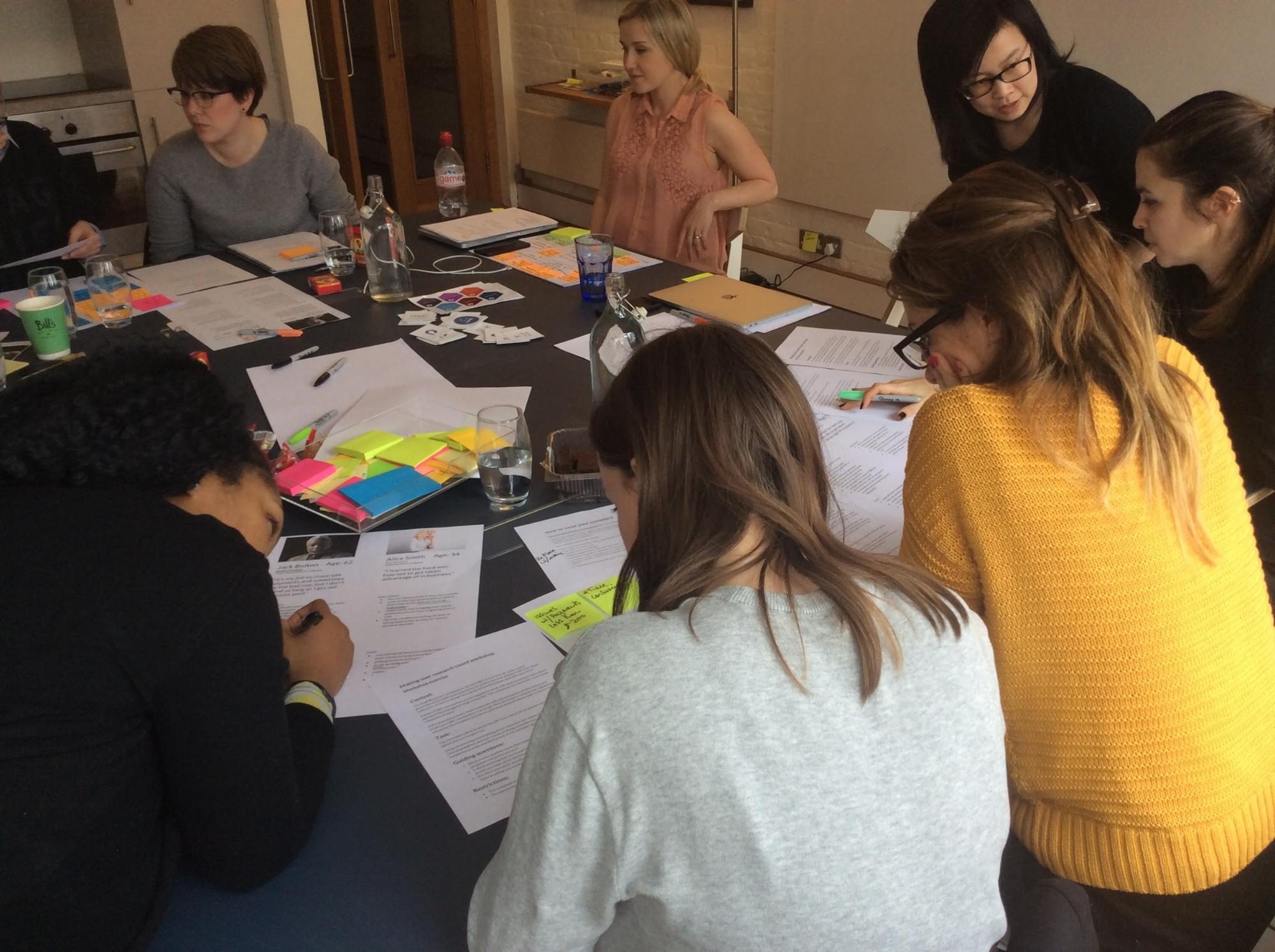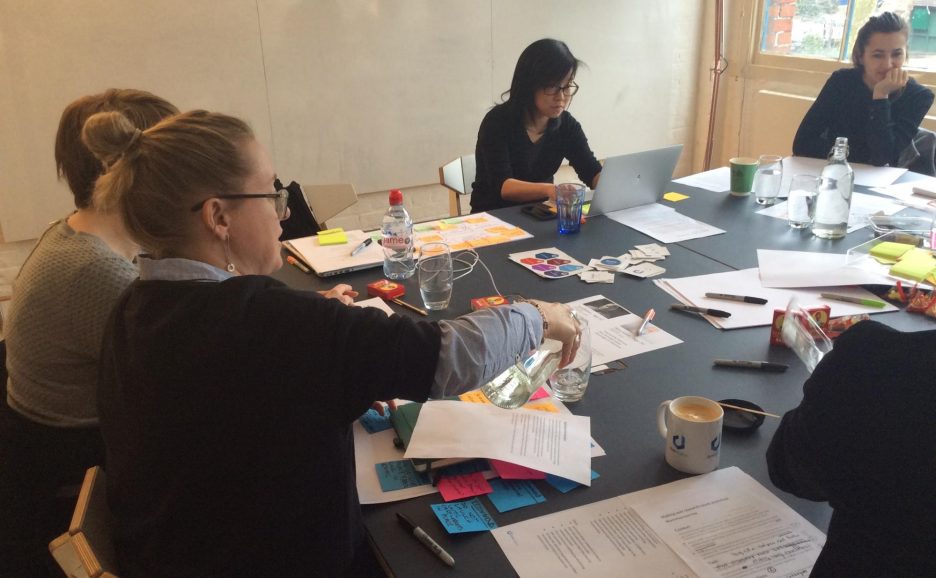Making user research count, a workshop to learn and share
 Learning how to plan effective user research
Learning how to plan effective user research
Last week, I sat in on dxw’s very first “Making User Research Count” workshop to learn more about user-research and to get an insight into how other organisations want to improve it.
Workshop Aims
The aim of the workshop was to allow participants to identify the common mistakes people and organisations might make that could lead them to bad user research practices.
Using a mix of hands-on techniques and thinking practices, participants were taught how to identify gaps in previous research practices and how best to plan user research to make it as effective and inclusive as possible.

Workshopping
After exchanging pleasantries, distributing food and drink and allocating Sharpies, it was time to start the first ever dxw user research workshop. From the off, dxw’s two resident user-research experts, Vita Mangan and Hilary Chan, were guiding participants through the pitfalls and “sins” of user research. Despite the “sins” (which will be defined later), one theme was soon prevailing: engage with your users directly.
Demonstrating this point, Vita and Hilary began by getting to know who was present and what they were hoping to take away from the event. A range of sectors was represented at the workshop and witnessing that all were committed to bringing users into the heart of product design was good to see.
Inclusion, Accessibility and the ‘Usual Suspects’
Before we started the interactive part of the workshop, we wanted to get a roundup of everybody’s past user-research experiences and what user research meant to them. There was a broad consensus that large organisations struggle to bridge the gap between carrying out effective user research and applying this to product design. Further, it was evident that companies sometimes prefer to go over the head of real users by going directly to “experts”, who often do not interact with the final product.
We then moved on to the task, which was based on dxw’s work with the Small Business Commissioner (SBC). During the discovery phase for the project, we found that many Small and Medium Enterprises (SMEs) don’t know where to go for help or who to contact when it comes to raising a complaint against larger companies for lack of payment. We found that many small businesses simply aren’t aware of other available options that don’t involve writing off the debt or taking legal action.
After spending some time in groups, we asked everyone to list the recommendations they would make to the SBC complaints process, and how they could improve the user research plan to bring users into the design process. Three things stood out. Inclusion, accessibility and the “usual suspects”.
Firstly there was a general understanding that including your real end users in every phase of development was crucial to building good services, products and experiences. By testing your product or service on unfamiliar users you gain a clearer, more real-world understanding of the problems faced by your users; removing a tendency to go to more familiar sources of user research aka the “usual suspects”. Secondly, a recommendation was made to perform more user research into the pain points associated with the process and what exactly it was that turned people away from actually using the service. Finally, it was noted that as well as user needs, a service like this also needs to be developed with business needs in mind to connect the service with the service users.
Summary
A dxw user research workshop is a good way to get more people and organisations to recognise how to plan more effectively. We hope that the event will be the catalyst by which effective user research diffuses into more phases of product development in more organisations and sectors. This way, more people will have their needs and expectations met and future digital interactions will have less pain and more harmony.
At dxw we believe that good design and development decisions need teams that understand what people need from the service they’re building. Services that are built with reliable insights into users’ needs and behaviour are more inclusive, more effective and resilient in the long term.
If you’d like to know more about the way we work you can read our playbook or sign up for our newsletter here.
Thanks to Vita and Hilary for an enjoyable and hugely insightful user research workshop!